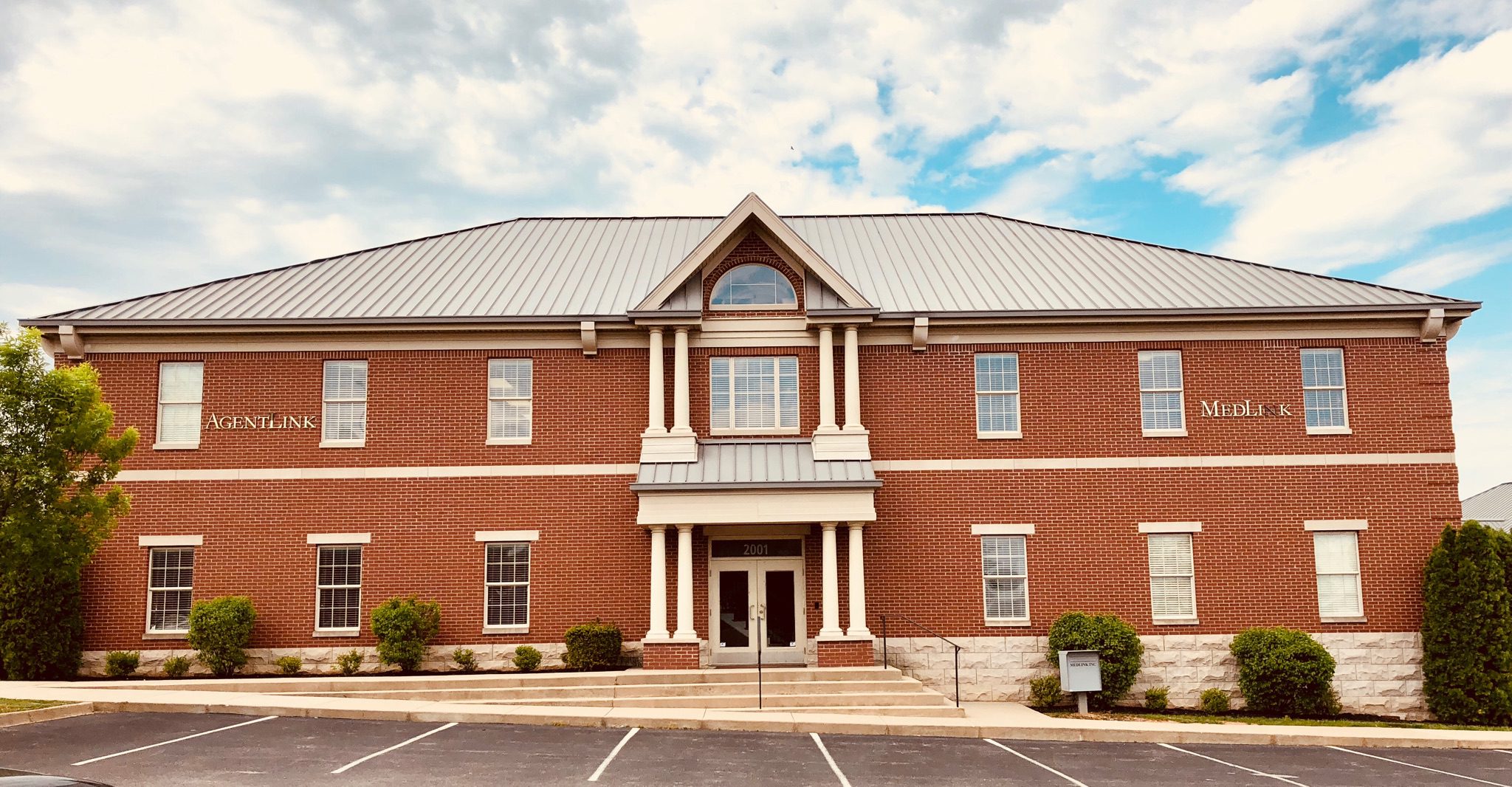Health Insurance Marketplaces will Not Be Required to Verify Consumer Claims
The Obama administration announced Friday that it would significantly scale back the health law’s requirements that new insurance marketplaces verify consumers’ income and health insurance status.
Instead, the federal government will rely more heavily on consumers’ self-reported information until 2015, when it plans to have stronger verification systems in place.
The delay comes after a Tuesday Announcement that the federal government would postpone for one year a requirement that employers with 50 or more full-time workers provide health coverage.
“I think that Health and Human Services is doing the best that it can under the circumstances,” said Sara Rosenbaum, a health policy professor at George Washington University.
The verification systems are meant to determine who qualifies for new benefits under the Affordable Care Act. The law includes tax subsidies to purchase health insurance for Americans who earn less than 400 percent of the poverty line, about $45,000 for an individual.
Those earning less than 133 percent of the poverty line — about $15,000 — will qualify for Medicaid coverage in the District and 23 states that have decided to expand the program.
The federal government also needs to know who receives health insurance coverage from an employer. Consumers who receive affordable health insurance from their company under a policy that costs less than 9.5 percent of their income do not qualify for tax credits under the Affordable Care Act.
New regulations published Friday scaled back the federal government’s role in determining whether information submitted to new health marketplace is accurate.
After encountering “legislative and operational barriers,” the federal government will not require the District and the 16 states that are running their own marketplaces to verify a consumer’s statement that they do not receive health insurance from their employer.
“The exchange may accept the applicant’s attestation regarding enrollment in eligible employer-sponsored plan . . . without further verification,” according to the final rule.
The federal government will, however, conduct an audit for the states where it is managing the new insurance Web portal.
The rule also scaled back states’ responsibilities to double-check the income levels that consumers report, which determine any tax subsidy they receive.
While initial regulations had proposed an audit of each consumer who reported an income significantly lower than what federal records indicated, the final rule scaled that back to an audit of a statistically significant sample of such cases.
For individuals who are not part of that sample, “the Exchange may accept the attestation of projected annual household income without further verification,” it said.
It is not unprecedented for the government to use the honor system in situations in which it collects data on millions of individuals, said Timothy S. Jost, a law professor at Washington and Lee University in Lexington, Va., and a consumer advocate. For example, people are expected to report their cash tips to the Internal Revenue Service as income.
“An awful lot of the economy is a cash economy,” he said. “If we had to verify every statement that was made to the IRS, our economy would collapse.”
In addition, lying on the exchange form carries with it a penalty of as much as $25,000. An individual who fibbed on his income would also have to pay back the extra subsidies when filing a tax return for 2014.
Still, Jost said, Friday’s rule shows that the government is in “triage mode. They have tried to figure out what they need to do right now and what they can delay until later. And they are very low on resources.”
Ian Spatz, a senior adviser at Manatt Health Solutions, agreed.
“As crunch time is coming, they’re just muddling through and figuring out short cuts,” he said. “It might not be elegant, but this is how they’re trying to make the law work.”
Source:

